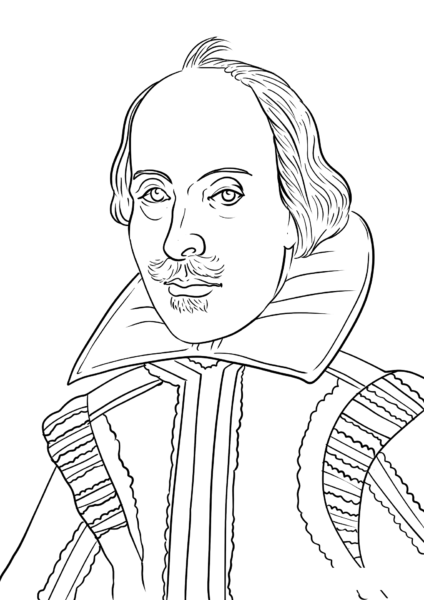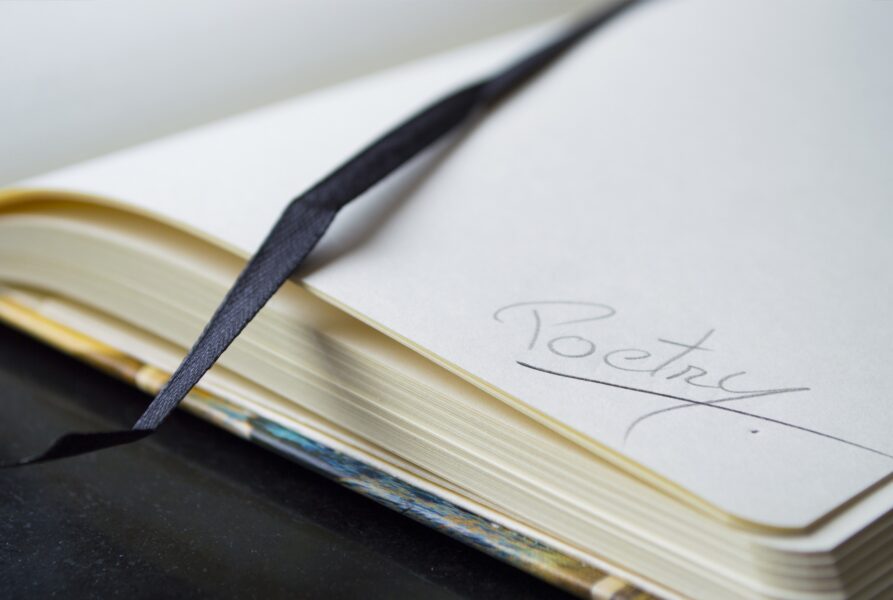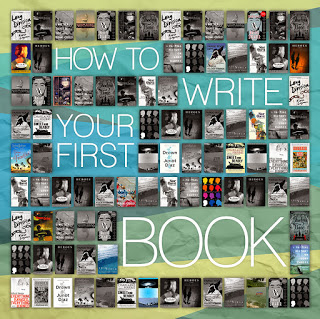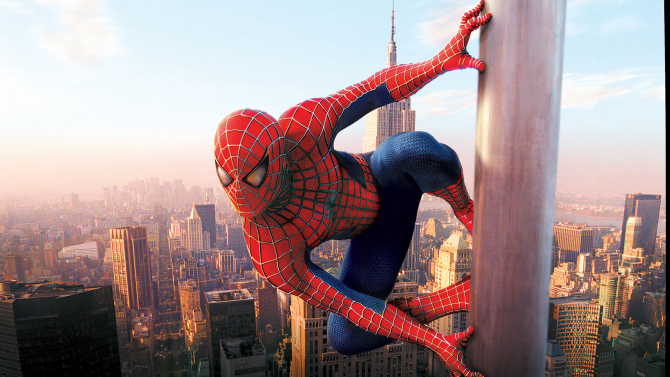POET SINKS TO CRIME
(The following is an updated excerpt that first appeared in my collection of essays, Hot Damn!)

A couple of weeks after my first novel was accepted, my new publisher sent me a twenty-five-page questionnaire. Every question was really a version of the same question: Is there anything, no matter how small or seemingly insignificant, anything at all that makes you the least bit interesting?
They needed some way to sell me. A media hook. Some way to prove I wasn’t just another boring writer who spent most of every day locked up alone in his study.
I dutifully filled out the questionnaire and the later questionnaires sent by my next publisher and the one after that. Much to my chagrin, over the years, all my publishers found one and only one thing interesting about me. I used to be a poet, and now I’m a crime novelist.
So for three decades, whenever I went out on a book tour and was interviewed by the handsome young man or woman with a perfect helmet of hair, and he/she looked down at his/her notes (sent by my publisher’s publicity department), the inevitable question that springs from his/her lips is “So, Jim, you used to be a poet and now you write crime novels. Tell us about that.“
After a while the question began to have an echoing subtext. “So, Jim, you used to be on the Supreme Court and now you’re a personal injury attorney. How could you have let that happen to yourself? You used to be on the high road, now you’re slogging along in the gutter. What happened, kid? How do you live with yourself?”
I had a half-dozen answers I gave to this question. The glib one was: MasterCard made me do it. The semi-long one was: After writing poetry and giving poetry readings for twenty years, I’d met the entire American audience for poetry. All eight hundred and forty-seven of them. I thought it was time to push on to more populated territory.
The longer and truer answer is a bit more complicated.
For twenty years I was a poet. I wrote every day, read poetry every day, published four books of poems with university presses. I didn’t care that no one much reads poetry or pays money for it. Though at times I did wish MasterCard would accept for payment what I frequently received for my poetry: a free copy of the magazine my poem appeared in. My poems were published in Poetry, Antioch Review, American Scholar, North American Review, Beloit Poetry Journal. Magazines like that. Most people have only the vaguest knowledge of their existence. I won grants and awards, got tenure and promotion, gave readings at other universities, taught poetry to undergraduates, and in general did all the things that a successful poet does in America today.
But since I published my first novel, Under Cover of Daylight, in 1987, I haven’t written many poems. And the fact is, I don’t miss the enterprise itself. The act of composition is very similar in fiction and poetry writing. Revising and laboring over sentences, trying to find the most graceful, most economical way of saying something, searching for the right cadences of speech and the richest patterns of imagery, the simple, accessible, but meaningful observation, letting the writing lead you to discovery, flushing out the truth, then nailing it to the wall.
I sometimes tell those who ask the dreaded question that, in fact, I still do write poetry. It’s just that these days the poetry goes from margin to margin rather than down the middle of the page. But in the back rooms of my secret heart, what I really wanted to say was: What I’m doing now—these novels I’m writing—demands more from me, challenges me artistically in ways that poetry never did.
But even more than that, I wanted to answer the implied snobbery in the question with a hammer blow to the forehead. After all, when was the last time my inquisitor paid for a book of poetry? When was the last time ANYBODY bought a book of poetry? While there is lip service paid to poetry, very few readers care about it.
I suspect the reason for the lack of a large readership is in part that most contemporary poetry, like much mainstream fiction these days, has gone off into regions that are increasingly rarefied, increasingly divorced from the popular interests of the culture.
But writers of suspense novels have never forgotten their Dickensian responsibilities. From Hammett and MacDonald to Grafton and Leonard, it is our suspense writers who have kept alive complex plotting and rousing good yarns. Mystery novelists are practically alone in preserving rich regional settings, authentic patterns of speech, and three-dimensional minor characters. It is our crime fiction that looks square in the malevolent face of the violence and corruption that are so rife
in our society. Our novelists of suspense are indeed the only group of writers today who consistently fulfill Tom Wolfe’s view of the novelist’s true responsibility: to write works with a wide social scope that are populated by people of all classes and to tackle the challenging moral and political issues of the day.
From my earliest years as a reader I was drawn to the Hardy Boys, to Nancy Drew I never got over the sinful pleasure of reading stories about crime, adventure, the chase, the hunt, the portrayal of a deviant mind. Though my academic education was almost successful at snuffing out this enthusiasm, I managed on the sly to stay abreast of Travis and Archer and Kinsey.
Through all those years as a poet and professor, it was Elmore I took along on holidays, not Eliot. It was Thomas Harris, Sara Paretsky, Robert Parker who were my bedside reading after a day of annotating poems for tomorrow’s lecture. It was Travis and Spade I returned to on weekends, not J. Alfred or Berryman’s Henry. I read Frost’s poems with meticulous care in the daytime but at night frolicked through all of Ross MacDonald; explicated Wallace Stevens by day, savored James Lee Burke by moonlight, feeling superior about one, joyously guilty about the other.
If my interrogators thought I had sunk low, I’d like to see them write four hundred pages in which what happens on the last page must be prefigured in the first. Four hundred pages in which one must at every moment entertain, educate, thrill, seduce, and convince the reader it’s all true.
Let my interviewers take a whirl at finding untrammeled terrain in a field where there are thousands of highly competent practitioners today and a long history of accomplished writers. And let them take on a genre with millions of readers who seem to remember every damn thing ever written and who will catch you in even the most trivial errors of fact.
I used to like poetry, and I still like it. You just don’t get over some diseases. But these days I don’t mind admitting I write crime novels. In fact, I’m downright proud to be part of a tradition I love and respect. There! I am once and for all out of the closet. So my absolutely final answer to the question is this: I’m a poet who also writes crime novels. One foot on the high road, one in the gutter. It makes for a lovely stride.




